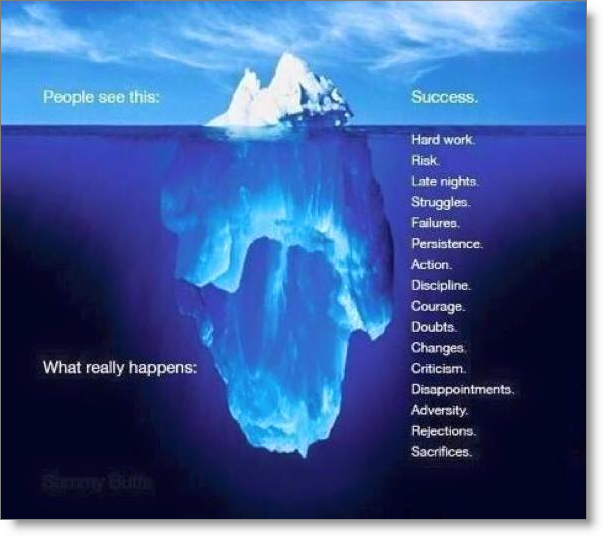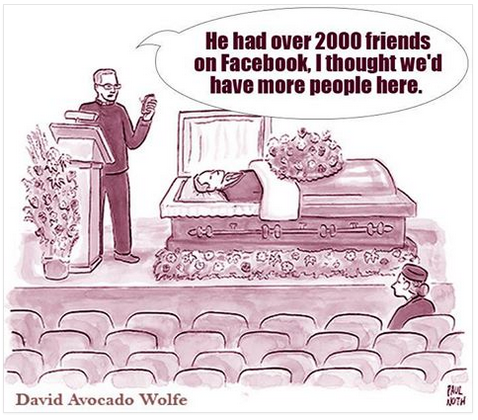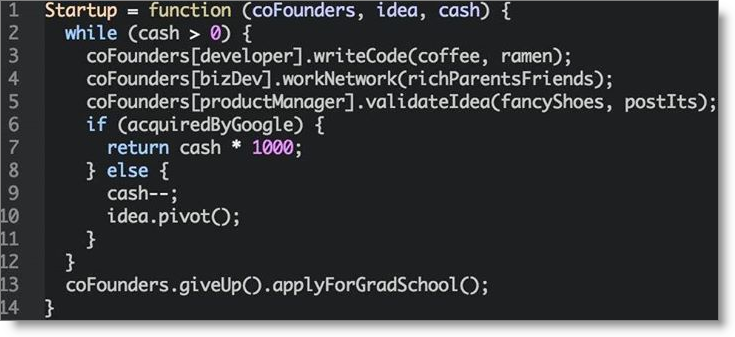A few years ago I found myself sitting in someone’s living room along with my wife and a few other adults. My oldest daughter was involved in a week-long thing called “Simulations Week,” and my wife volunteered us to “help.”
I was up for anything, although I prefer a behind-the-scenes role. That year they asked me to lead one of five groups of kids. Each group was a different type of government, and my group was a monarch king (I, of course, as the adult, would be the king). My wife and I were going to be together, but we quickly figured out she needed to lead another group, and was a socialist leader.
I should mention that there were probably about 120 kids, most of them homeschooled, high school age. This presented an interesting problem: I was way, way out of my league. These kids were extremely well-read, and some had been in “speech and debate” classes. They referenced facts that I had never heard of.
Such is the life of a homeschool dad.
The first year was amazing, and I might even say life-changing. I’ve been back three more times (I think). Each year is amazing, fun, and very educational. Explaining what happens to outsiders is nearly impossible, because I can talk about the logistics of the week, but the spirit of what happens is hard to put into words.
One thing that I caught onto, early on, is the idea of LARPing. I had not heard of LARPing before, but people would say “oh, is it like LARPing?” I had to look it up.
The difference between LARPing (which I’ve never done, and don’t really have interest in) and what we do is that what we do has a clearly defined purposes and learning/growth outcomes for everyone.
In planning meetings, as we talk about really cool ideas and scenarios, I feel like we continually come back to WHY. Why are we doing this? Why introduce this twist? Why would families pay over $150 for each of their kids to attend this event?
As a busy parent with busy kids, I don’t want to pay $150 per kid to go hang out and LARP. I want them to have experiences that will help them in their education and help build their character.
A “simulation” is an exercise where you are dumped into a situation that in real life would be immensely stressful, and they can act and react in a way that won’t harm anyone. The emotions can get very high. We design the plot and the twists so that this you can’t “solve” the issues in two hours… because, what fun would that be?
Our simulations are usually geared around governmental or societal or economic issues, so kids (and adult mentors) learn a lot during the simulation with regard to government structure, society, and economic issues. But here’s catch. The simulation is designed in such a way that there is much, much more to learn.
In the final debrief (which is when we spend a couple of hours on the last day talking about what happened – this is the most magical part of the week), I have seen that the aha moments, the life-changing realizations, are not really about government, society or economics. Those are almost just the learning vehicles to help facilitate other learning. What is this other learning? Many times, they are realizations of self-empowerment, or limitations of personal greatness.
For example, an attendeed realizes that they really can and should have a voice, and that they are more persuasive than they thought they would be. They realize that they can learn things, “do hard things,” and because they took the opportunity to do something (make a presentation, share an idea, form alliances with other people or groups, etc.), they have made a significant difference.
On the other hand, I’ve seen people who think they are the cat’s meow, and they think they are going to conquer or “win” (you don’t really win in the simulation). They are used to being influential and having people listen to them, and getting their way. But… they come to SimWeek, make their case, and no one listens to them. Or, people listen, but no one follows them. Or, people follow them, but their ideas and arguments turn out to be weak, and people leave them. In any of these cases, the person who thought they were awesome starts to realize that the charm they previously had might not work this time… and perhaps they need to work on some things.
These are my favorite learnings: when someone has self-realization (positive or negative) that helps them change how they see themselves, and their potential.
A bonus learning is being around 100+ amazing kids who have done amazing things. We all walk away more inspired to do more, be more, and spend more time in front of books or with musical instruments or on the sports field, and less time in front of some screen.
Here’s the key, though: if we don’t have a purpose, when we plan the event, then things quickly devolve into a LARP. That is, people have characters or roles, and they try to “win.” Winning is never the purpose. Learning and growth is the foundation of the purpose. As a parent and mentor, for example, my purpose is that my kids have experiences that stretch them, and to provide a safe environment where they can have aha moments.
With so many kids, we can’t force learning. Some really get into it, and they have big takeaways. Others don’t put much into it, but what I’ve seen is it usually is an eye-opening experience for them, and they get a lot out of the week. We realize that everyone is different, with different experiences and different ages. Some kids are going to get more, some are going to get just a little. But what we think might be just a little can be quite a bit to them.
My purpose as mentor is not to roleplay. I’m not really into acting. I’m there to provide the environment where amazing self-change can happen. And that only happens if you have a purpose.




